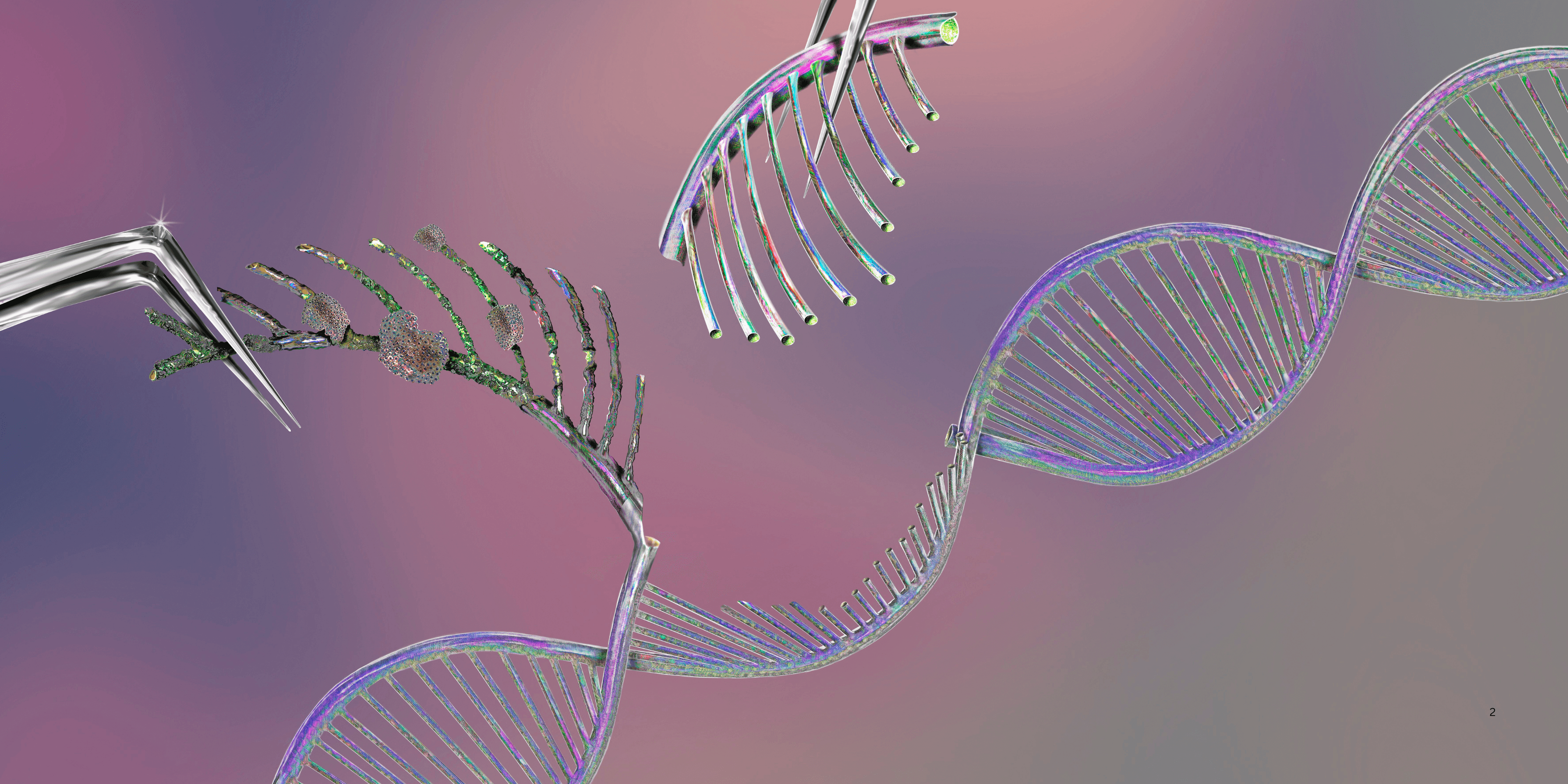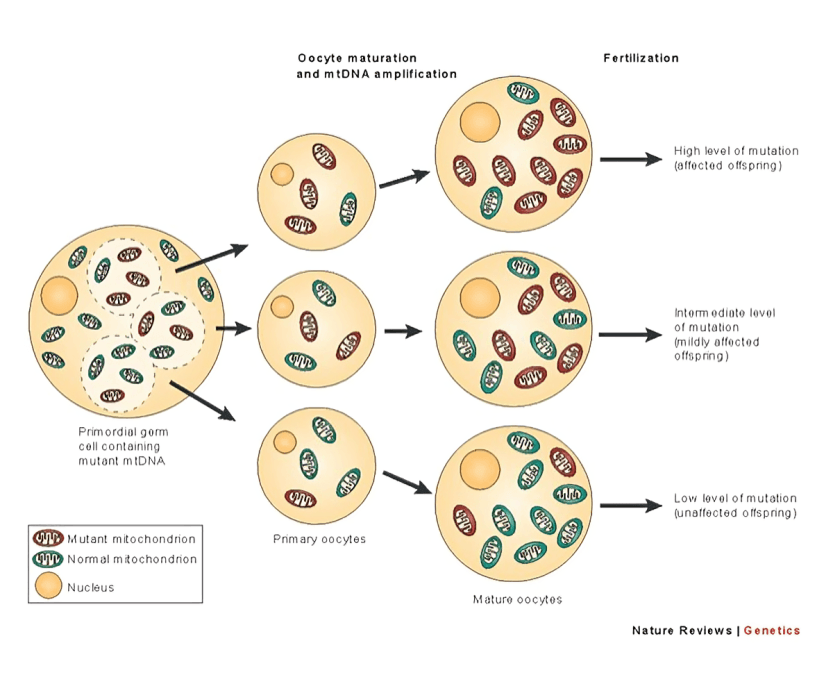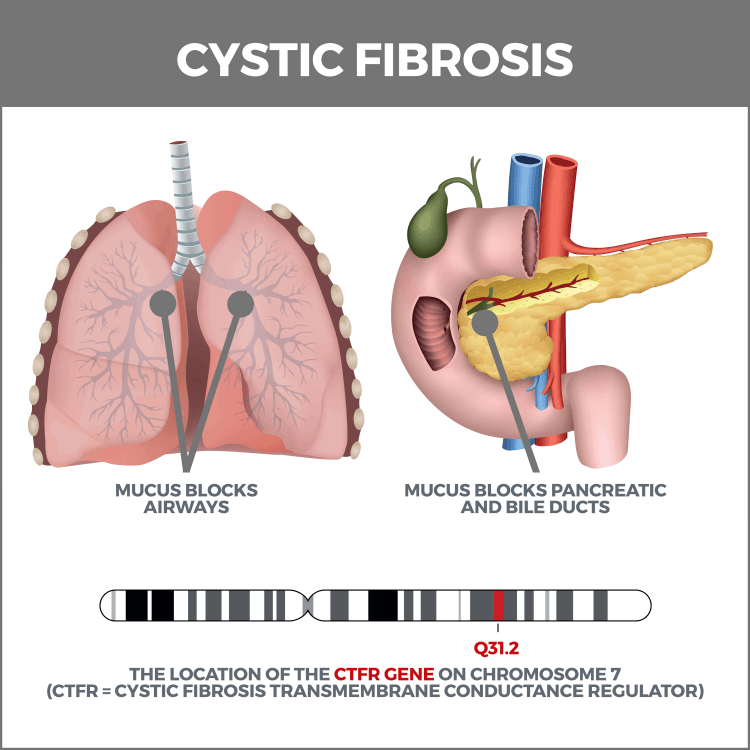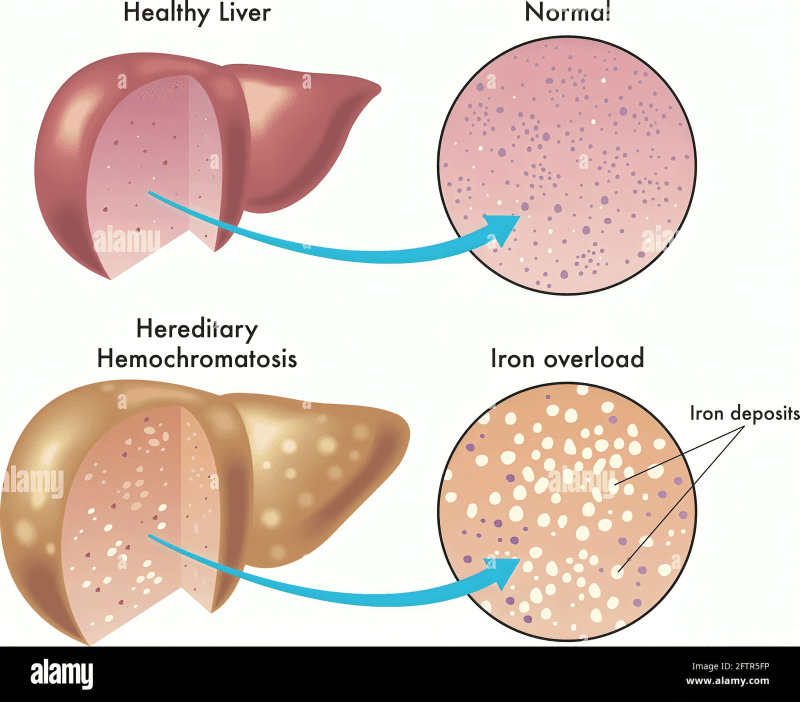
“
The role of genetics in common diseases is no longer a mystery whispered in laboratories—it's a loud revelation echoing through every hospital, home, and health conversation. Beyond the alphabet of A, T, C, and G lies a molecular script that subtly nudges the onset, course, and complexity of countless everyday ailments. 1
1
”
Mutations in the BRCA1 and BRCA2 genes increase breast and ovarian cancer risk. Inherited mutations reveal how genetics influence disease, aiding early detection, prevention, and targeted treatment strategies. 1
Single nucleotide polymorphisms (SNPs) affect disease risk and medication responses. These genetic variations affect diseases like diabetes and heart issues, helping doctors tailor treatments and healthcare decisions.2
Genome-wide association studies (GWAS) find gene variants linked to diseases like hypertension. These findings aid precision medicine by revealing how certain genes influence disease and treatment response. 3
Epigenetic changes, like DNA methylation, influence gene expression without altering DNA. These shifts, driven by lifestyle, can cause diseases like cancer by changing how genes are activated or silenced. 4

Mitochondrial DNA mutations passed maternally can cause disorders like mitochondrial myopathy. These mutations disrupt energy production, eyes, and nerves, leading to various metabolic and neurological diseases.
Pharmacogenomics reveals how genetic differences alter drug metabolism. It helps optimize medication use, reducing side effects and improving success in treating diseases like high blood pressure. 5
Polygenic risk scores combine genetic data to estimate disease likelihood. They predict the chances of developing conditions like diabetes, supporting early prevention and personalized treatment planning. 6
Genetic testing for recessive disorders like cystic fibrosis helps with family planning. Carrier identification prevents the transmission of serious genetic diseases, offering better health outcomes for future children. 7
Copy number variations (CNVs) are genome deletions or duplications that disrupt gene function. CNVs are linked to autism, schizophrenia, and other disorders, revealing how structural changes in DNA influence health. 8

Mutations in the CFTR gene cause cystic fibrosis, which affects lungs and digestive organs. Understanding this gene aids targeted therapies, revealing how one mutation can cause lifelong health issues.
Huntington’s disease results from an inherited mutation in the HTT gene. This brain disorder, emerging in midlife, causes movement, thinking, and emotional changes, and is inherited in an autosomal dominant pattern. 9
Familial hypercholesterolemia is an inherited condition causing high LDL cholesterol, raising the risk of early heart disease and requiring genetic screening for early diagnosis and treatment. 10
Alzheimer’s disease risk increases with certain variants of the APOE gene. Specifically, APOE ε4 raises the risk significantly, while other versions may reduce it, making this gene a major factor in late-onset Alzheimer’s.11
Sickle cell disease is caused by a mutation in the hemoglobin beta gene. This inherited disorder changes red blood cell shape, leading to anemia, pain, and organ damage, especially in populations with African ancestry. 12
Some asthma cases are linked to inherited gene variants that affect immune response. These variants make individuals more sensitive to allergens, explaining why asthma can run in families and vary in severity. 13

Hereditary hemochromatosis is a genetic disorder where iron builds up in the body. Mutations in the HFE gene cause excessive iron absorption, damaging organs like the liver, heart, and pancreas if left untreated.
Genetic predisposition plays a role in rheumatoid arthritis through HLA gene variants. These genes influence immune activity and joint damage risk, particularly with environmental triggers like smoking. 14
Genetic variants can affect how the body processes gluten, increasing celiac disease risk. In particular, HLA-DQ2 and HLA-DQ8 genes are present in nearly all individuals with this autoimmune digestive condition. 15
Neurofibromatosis type 1 is caused by mutations in the NF1 gene. This inherited disorder results in benign tumors along nerves and can affect the skin, eyes, and bones, varying widely in severity. 16
Genetic testing in heart arrhythmias, like long QT syndrome, reveals mutations that affect heart rhythm. Early identification of these mutations can prevent sudden cardiac death and guide the use of life-saving medications. 17


